The European Union was named this year’s Nobel Peace Prize winner. My daughter was most confused, thinking the announcement was a joke. Her reaction was that there are so many more deserving possible candidates out there, and then she started listing them off. Good thing we arrived at school where I had to drop her off….
There are many posts lauding or lambasting this decision (for example, see Drezner’s which appeared while I was writing this last week), so why I should I add my voice to those of the critics? Because I have writer’s bloc? Sure, but also because I have long been a Euro-skeptic when it came to European foreign policy. That, and I have to explain my tweets on the matter, including: “I guess the Nobel folks think there really is a European Union foreign policy?”
First, to be sure, the EU has been doing good stuff, and perhaps this is a reward for cementing the long peace. The problem is that it is hardly clear that the EU has really kept the peace in Europe, especially between Germany and France. Which led to my second tweet:
The funny thing about EU and long peace is that it ignores that NATO was designed to “keep the US, Germany down and the Russians out.”
— Stephen Saideman (@smsaideman) October 12, 2012
If you want to give the EU an award for keeping the post-war peace, it should be behind NATO in line.
Second, perhaps the EU is deserving for cementing the transition from post-communism to joyous stable democracy in Eastern Europe in the 1990s. Sure, but this is somewhat problematic, as:
(a) the EU’s contribution is overrated, as it let countries in regardless of how well they did on the conditions (including all kinds of democratic criteria); (b) it omits NATO’s role again; and (c) Hungary is making those democratic gains seem just a wee bit temporary.
Third, when the EU has been confronted with a problem of war and peace, people suddenly realize it is a composite of countries with varying interests and commitments and not a single foreign policy-producing entity. The EU failed its first big test when Yugoslavia fell apart. Its recognition of Slovenia and Croatia did not cause anything really but demonstrated that conditions did not matter more than intra-EU wrangling since Macedonia met the conditions more than Croatia. The EU split over Iraq 2003, and did not do much more than twitch over Libya. So, the EU’s record as a force for peace beyond its members is pretty lame.
My daughter’s take seems to be the right one: sure, the EU is a fine organization, but aren’t there those actors that have done more and need more legitimation than the EU? Naming Obama before he did anything as President was a mistake, and so is this.
This piece was originally posted on Steve Saideman’s personal blog.
EU flag photo by Wikimedia user MPD0160; Alfred Nobel photo by Gösta Florman, also via Wikimedia

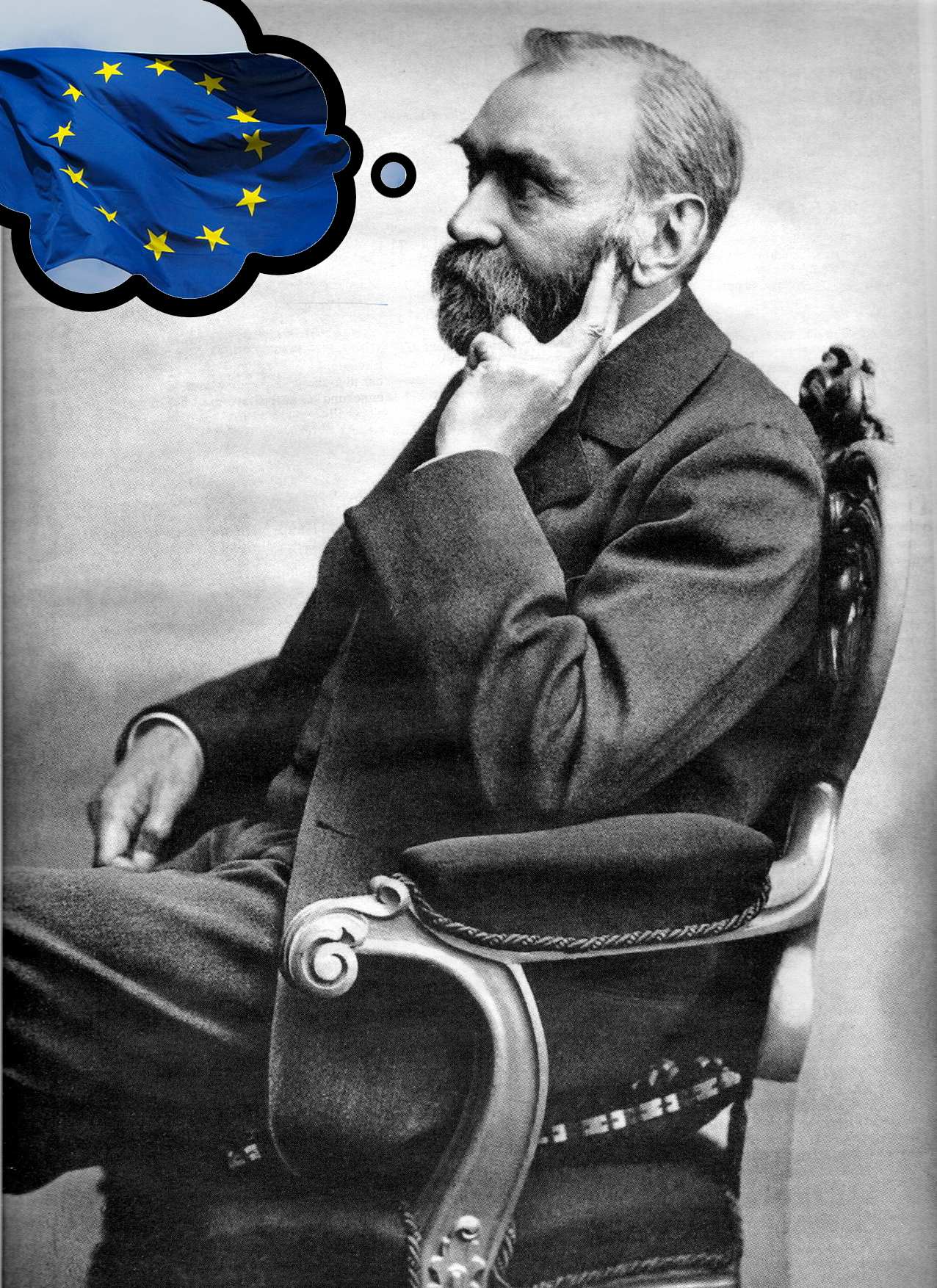

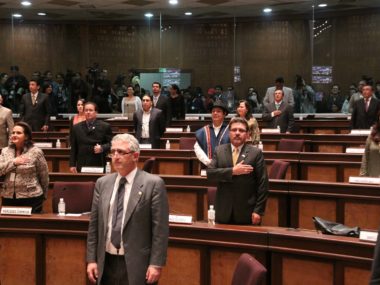
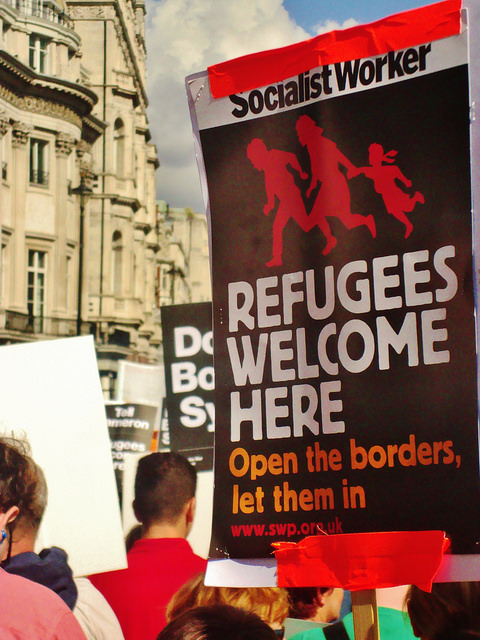
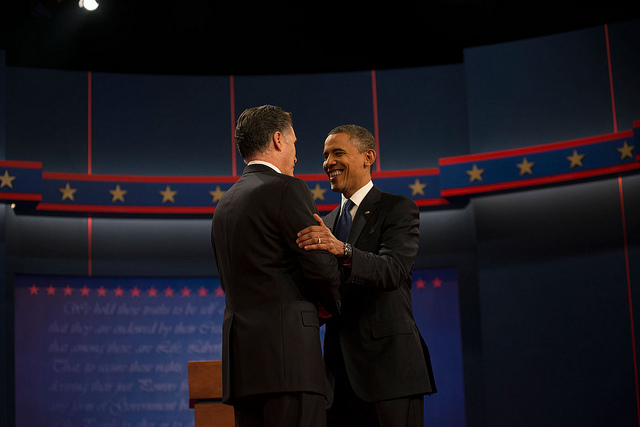

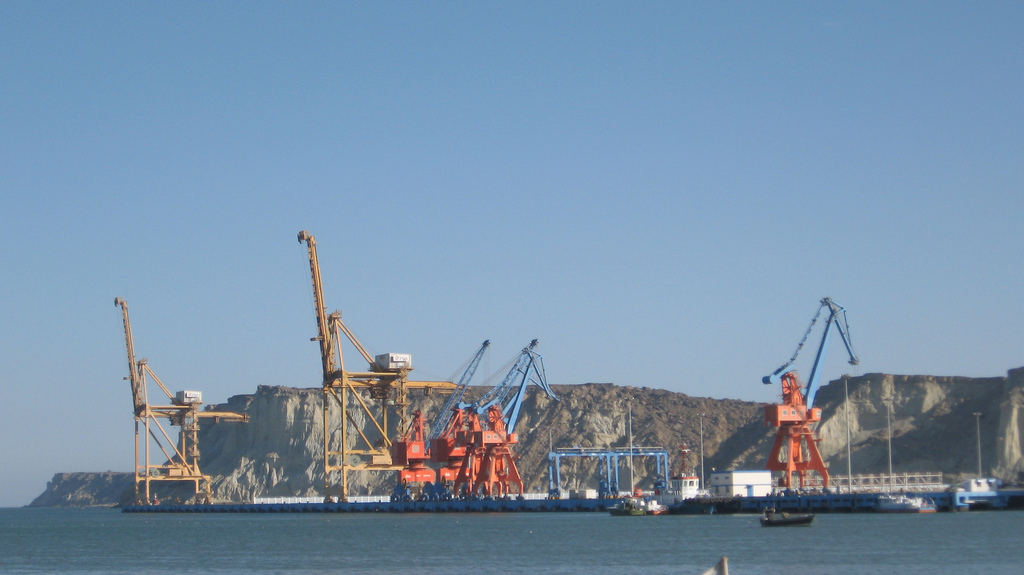
0 comments
I just noticed my tweet omitted the “in” after US: NATO was to keep the US in, Germany down and Russia out
Why does everyone want highlight the NATO?
NATO is an intergovernmental military alliance. As far as I know it was not intended to promote peace. Why would you give it any credit for keeping peace in Europe? Deterrence? Sound not like a cool mechanism for a Nobel Prize for Peace.
Highlighting NATO’s role is especially dubious since France has never shown much enthusiam for that organization. It’s this NATO-centric view that leads to strange assessments like Mearsheimers “Back to the Future”. German and French politics are highly intertwined nowadays, and this unprecedent interdependence hardly derives from NATO’s presence.
Furthermore, it seems like the author is cherry-picking research on EU Eastern enlargement. Given the differences in stability and democracy across the post-Soviet zone, the role of the EU in promoting “good governance” can hardly be over-estimated. There is a huge amount of literature on how accession conditionality affected domestic politics in Eastern Europe.
I think it’s fair to criticize this Nobel prize decision, but it would be more convincing if backed up by more profound arguments..